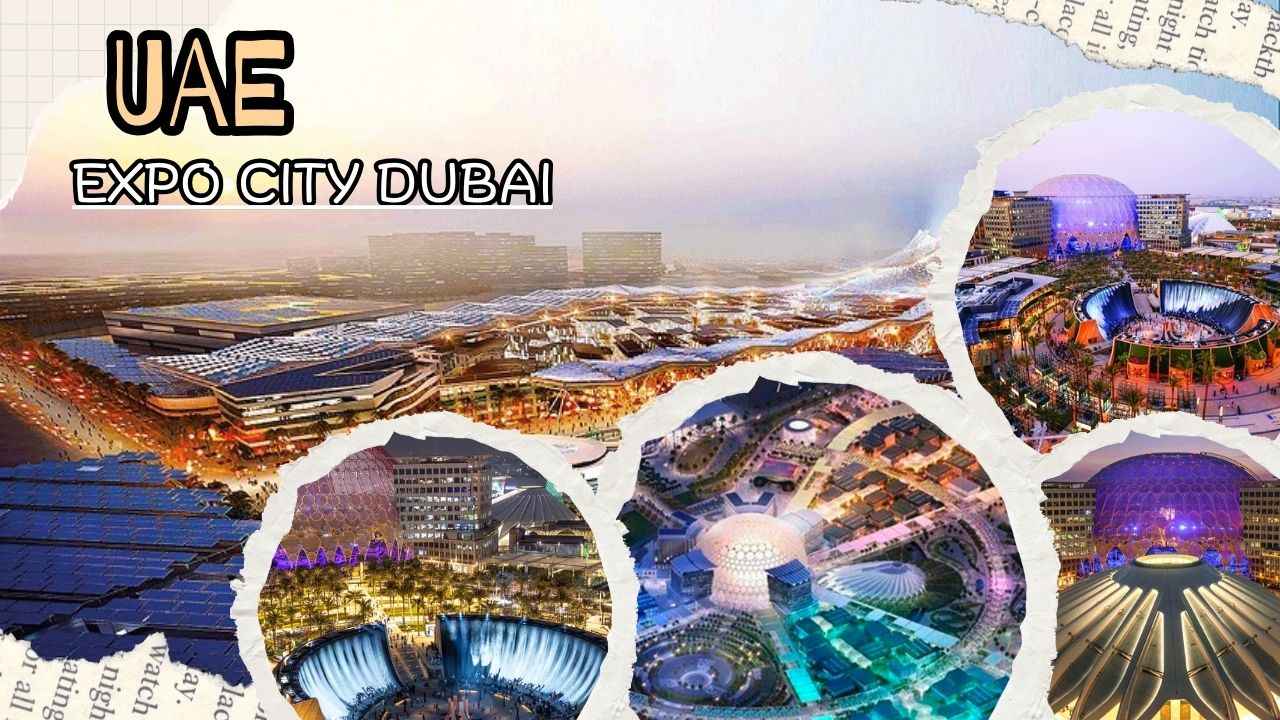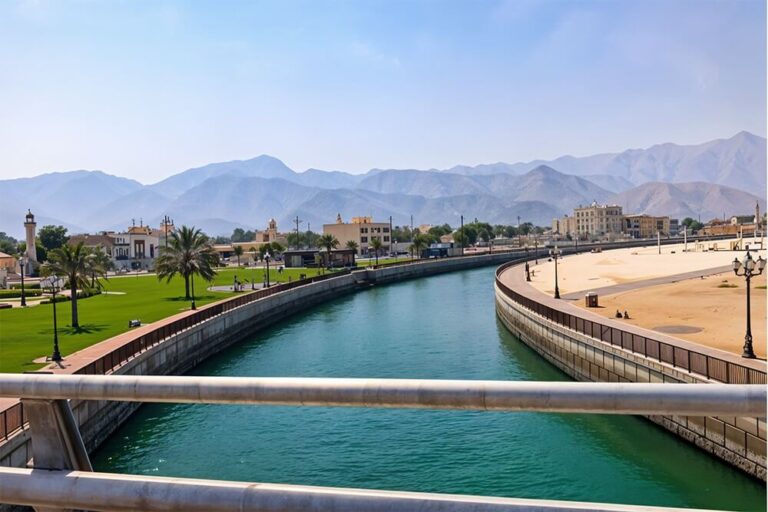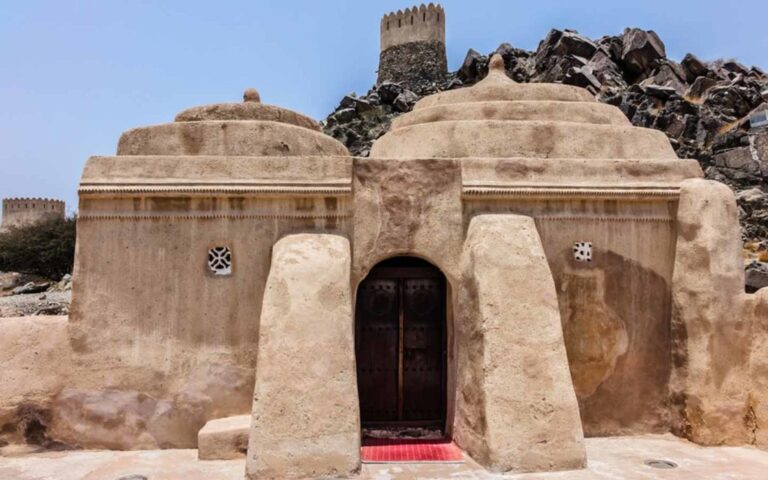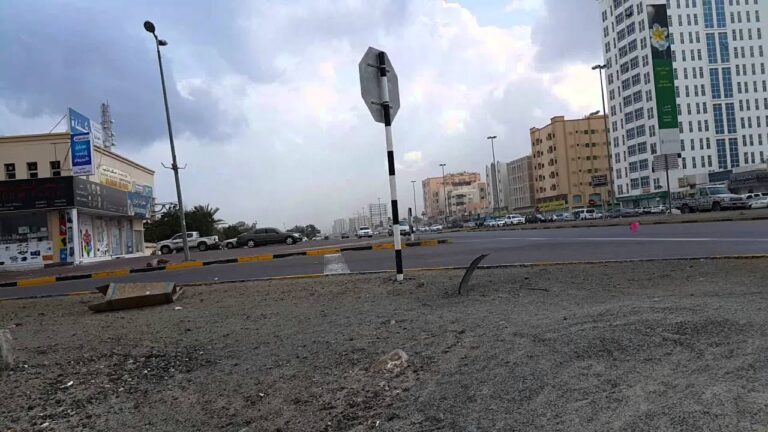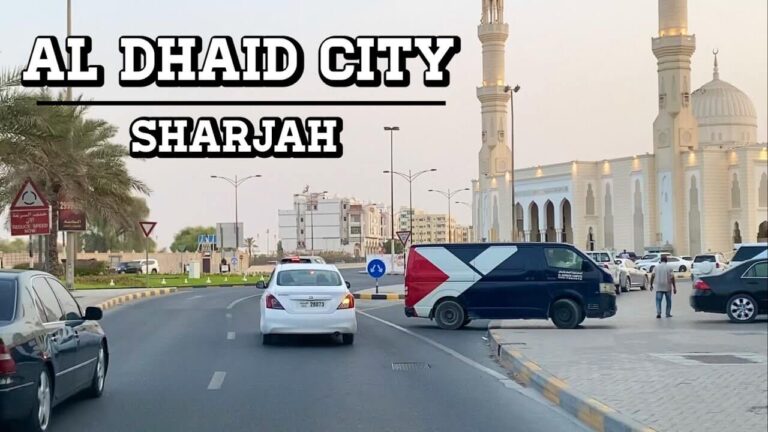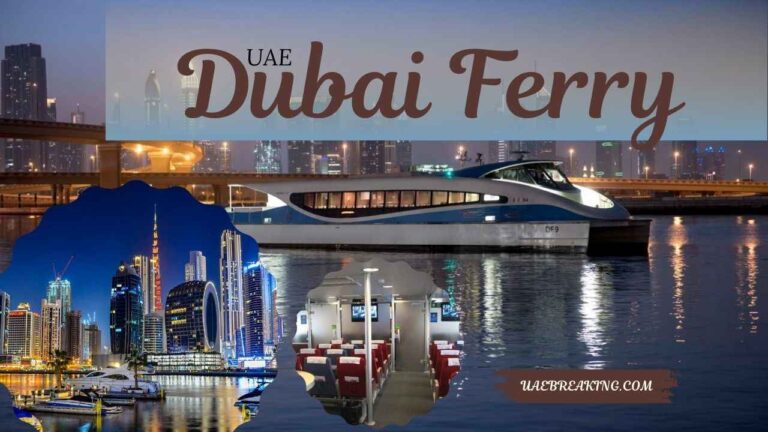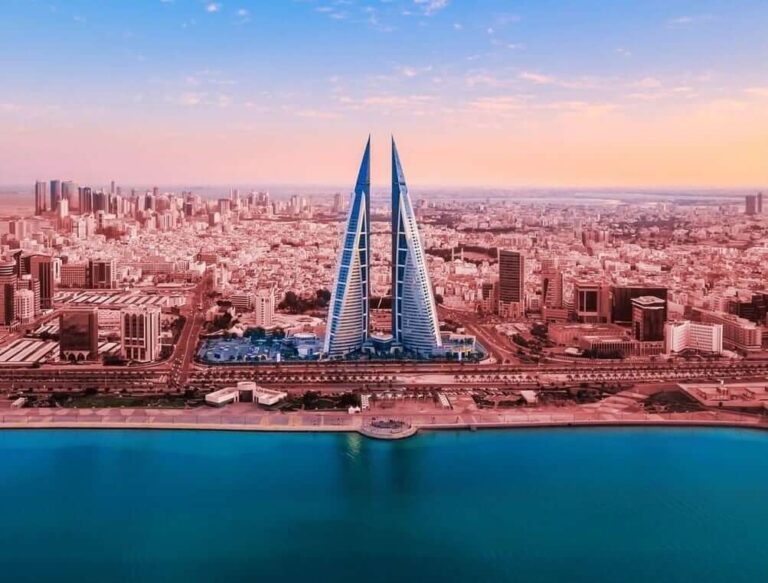Expo City Dubai: A Bold Vision for the Future
In Dubai’s vast desert, where the skyline continues to push boundaries and every project reflects ambition, Expo City Dubai stands out as one of the most defining urban achievements of recent years. Born out of the global spectacle of Expo 2020, this city is not just a remnant of an international fair—it is a living, breathing model of how future urban landscapes can be designed to integrate sustainability, culture, business, and community life. Where most world expos disappear into memory, Expo City Dubai has become a permanent landmark, reimagined as a hub for ideas, investment, and innovation. It is a place where technology meets humanity and where the UAE’s commitment to progress is made tangible in everyday experiences.
Dubai’s strategy for Expo City was never about hosting a temporary event. From the beginning, planners envisioned a transformation that would leave a meaningful legacy. Today, that vision manifests in a city that is fully integrated into the UAE’s goals for sustainability, economic diversification, and global influence. For residents, visitors, and businesses, Expo City represents more than a collection of futuristic buildings—it is a new way of thinking about how we live and connect in the twenty-first century.
The Legacy of Expo 2020
Expo 2020 was a monumental event for the UAE. It brought together 192 countries, millions of visitors, and countless conversations about the future of humanity. When it ended in March 2022, the question was what to do with the sprawling site. Many nations that hosted world expos in the past dismantled their structures or let them fade into disuse. Dubai, however, refused to let the momentum vanish. Instead, it transformed the grounds into Expo City Dubai, a place that continues to carry forward the event’s motto: “Connecting Minds, Creating the Future.”
What makes this transformation remarkable is how seamlessly Expo City retained the essence of Expo 2020 while adapting it for permanent use. Iconic pavilions such as Terra (Sustainability Pavilion), Alif (Mobility Pavilion), and the UAE Pavilion were reimagined into educational centers and cultural landmarks. The Al Wasl Dome, which once dazzled the world with its immersive projections, remains a focal point for events and experiences. Rather than building something entirely new, Dubai preserved what had already captured global imagination and gave it enduring relevance.
A Sustainable City at Its Core
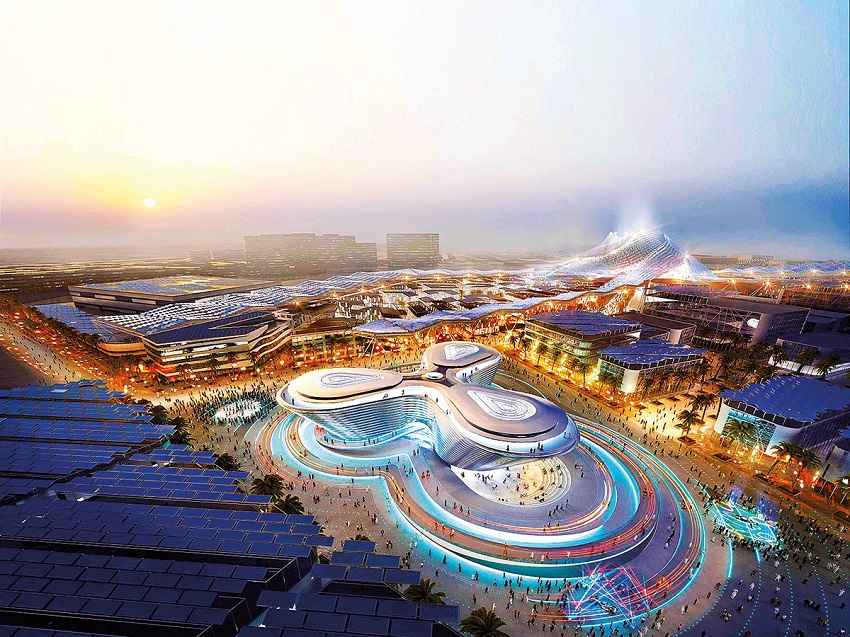
At the heart of Expo City is its role as a sustainability model. The city has been designed as a car-free district, encouraging walking, cycling, and eco-friendly transportation. Solar panels and renewable energy systems power much of the site, while water recycling and conservation programs reduce waste. These initiatives are part of Dubai’s larger pledge to achieve net-zero carbon emissions by 2050, and Expo City serves as a real-world demonstration of how these goals can be achieved.
Terra, the Sustainability Pavilion, remains one of the most striking symbols of this commitment. Surrounded by towering solar “energy trees” that rotate with the sun, Terra showcases both the beauty and practicality of renewable energy. Visitors experience interactive exhibits that explain the importance of conserving resources, while the pavilion itself operates with minimal environmental footprint. Living in or visiting Expo City means being constantly reminded that sustainability is not an abstract concept—it is an integral part of daily life.
Business and Innovation Hub
Expo City Dubai is not only a cultural destination but also a business engine. Designed to attract entrepreneurs, start-ups, and multinational corporations, it provides state-of-the-art infrastructure within a globally connected environment. Its location near Dubai South, Jebel Ali Port, and Al Maktoum International Airport ensures that businesses based here enjoy unparalleled connectivity to the world.
The Dubai Exhibition Centre, which played a major role during Expo 2020, continues to host international conferences and exhibitions. It has become a magnet for investors, policymakers, and innovators. Expo City’s office spaces have also begun to attract firms specializing in clean technology, artificial intelligence, and sustainable industries—sectors aligned with Dubai’s ambition to lead the global innovation economy. In many ways, Expo City is less a business district and more a collaborative testbed for the ideas that will define tomorrow’s markets.
Architectural Marvels that Define Expo City
Visitors walking through Expo City are immediately struck by its architectural brilliance. Each structure has been designed with symbolism, functionality, and aesthetic appeal in mind. The most iconic of them all is the Al Wasl Dome. At over 67 meters tall and 130 meters in diameter, it is the largest 360-degree projection dome in the world. Its lattice design inspired by the Expo 2020 logo is both a cultural landmark and a technological masterpiece. Today, it continues to mesmerize audiences with nightly shows and cultural performances.
The Mobility Pavilion, known as Alif, tells the story of humanity’s progress in transportation and space exploration. It serves as a museum and exhibition space that educates and inspires. The Sustainability Pavilion, Terra, demonstrates the UAE’s environmental vision with renewable systems embedded into its design. The UAE Pavilion, shaped like a falcon in flight, remains a symbol of national pride and a testament to the country’s values of ambition, innovation, and cultural heritage. Together, these architectural icons make Expo City not just a functional urban area but also a destination that continues to inspire awe.
Lifestyle and Living Experience
While business and tourism remain central to Expo City’s appeal, what truly distinguishes it is its potential as a community for residents. New housing projects are being developed to create neighborhoods that align with the city’s eco-friendly ethos. Green parks, wellness facilities, cycling paths, and community centers are all integrated into the urban plan. The idea is not only to provide a place to live but to create an environment where residents can thrive in harmony with nature.
Families choosing to live in Expo City benefit from access to world-class education facilities, cultural experiences, and wellness programs. For professionals, co-working hubs and modern offices are only steps away from residential areas. For children, interactive spaces like Terra serve as immersive learning environments. Life in Expo City is designed to be balanced, with equal attention paid to work, recreation, and community building.
Culture, Events, and Global Gatherings
Even after Expo 2020 ended, Expo City has remained a hub for cultural exchange. The city regularly hosts music festivals, international food fairs, art exhibitions, and sporting events. Under the Al Wasl Dome, concerts and theatrical performances are enhanced by breathtaking visual projections that transform the space into an immersive cultural arena. Festivals bring together diverse communities, reflecting Dubai’s role as a global meeting point.
Educational workshops and youth programs also play an important role. Schools from across the UAE bring students to explore sustainability, science, and innovation through hands-on experiences. Events are designed not only to entertain but also to inspire learning and dialogue. By fostering creativity and cultural appreciation, Expo City continues to position itself as a cultural capital in its own right.
Tourism and Visitor Experience
For tourists, Expo City offers an experience unlike any other destination in Dubai. While iconic landmarks like Burj Khalifa and Palm Jumeirah showcase the city’s grandeur, Expo City provides an interactive journey into the future. Visitors can tour the reimagined pavilions, witness live shows under the Al Wasl Dome, explore exhibitions on technology and sustainability, and enjoy family-friendly attractions.
Dining and retail options further enhance the visitor experience. Restaurants serve international cuisines, while retail spaces feature local crafts and innovative brands. Accessibility is another advantage—Expo City is connected to the Dubai Metro via the Expo 2020 station and is easily reached by road from major districts. Its proximity to Al Maktoum International Airport also makes it convenient for international tourists. Whether as a day trip or a multi-day exploration, Expo City offers a uniquely enriching travel experience.
Economic and Strategic Significance
Expo City’s importance goes beyond architecture and tourism. Economically, it represents a cornerstone of Dubai’s diversification strategy. By hosting industries focused on sustainability, clean energy, and technology, the city aligns with global trends that are shaping the twenty-first century economy. It serves as a magnet for foreign investment and a stage for international collaboration.
Strategically, Expo City reinforces Dubai’s status as a global crossroads. Its combination of business facilities, cultural platforms, and logistical connectivity positions it as a key player in international dialogue. From hosting climate change conferences to attracting global technology firms, Expo City is contributing to the UAE’s role as a nation that not only participates in but shapes global change.
Expo City Dubai and Education
Education is central to Expo City’s mission. The site has become a living classroom for students, researchers, and innovators. Schools bring children to learn about ecosystems, clean energy, and scientific discovery. Universities collaborate with Expo City to establish research hubs that explore solutions for sustainability and technology. Innovation labs allow start-ups to test their products in real-world conditions, making the city an active participant in knowledge creation.
This focus on education reflects the UAE’s long-term vision of preparing its youth for future challenges. Expo City demonstrates that education does not always belong in traditional classrooms; it can be woven into the very fabric of urban life. For students, every visit becomes a chance to connect theory with practice in a way that few other places in the world can offer.
The Human Side of Expo City
Beyond its ambitious goals and architectural marvels, Expo City’s true success lies in its human-centered design. Wide pedestrian boulevards encourage walking and cycling. Shaded seating areas, fountains, and landscaped gardens provide comfort during Dubai’s warm climate. Public spaces invite residents and visitors to gather, fostering a sense of community. This balance of technology and human scale ensures that the city never feels overwhelming but instead feels inviting.
In an era where many cities struggle with congestion and anonymity, Expo City demonstrates an alternative: a city built for people first. Whether attending an international conference, enjoying a family picnic, or exploring a cultural exhibition, the experience always feels accessible, comfortable, and engaging. This human touch is what ensures that Expo City is not only futuristic but also deeply livable.
Looking Ahead: The Future of Expo City Dubai
Expo City is still evolving. As Dubai continues to prepare for global milestones such as COP28 and advances its Net Zero 2050 strategy, the city will expand its role as a laboratory for new ideas. Future projects are expected to include advanced smart city technologies, greater integration of AI in infrastructure, and more residential developments that align with sustainability standards.
The vision for Expo City is not limited to the UAE—it is intended as a global example of how urban design can address the challenges of the twenty-first century. It speaks to a world that needs cities to be sustainable, inclusive, and resilient. As more visitors, residents, and businesses join Expo City, it will continue to adapt, innovate, and inspire. The city is not just about preserving the past; it is about building the future in real time.
FAQs about Expo City Dubai
1. What is Expo City Dubai?
Expo City Dubai is the permanent legacy of Expo 2020, reimagined as a sustainable, innovation-driven urban district in Dubai.
2. Can you live in Expo City Dubai?
Yes, residential projects within and around the city offer eco-friendly housing options supported by modern community facilities.
3. Is Expo City Dubai free to enter?
Some public areas are free, while attractions such as Terra and Alif require ticketed entry.
4. Why is Expo City important for Dubai’s economy?
It strengthens Dubai’s diversification strategy by attracting sustainable industries, fostering innovation, and hosting global events.
5. How can visitors reach Expo City Dubai?
The city is accessible by Dubai Metro’s Expo 2020 station, major highways, and its proximity to Al Maktoum International Airport.
6. What events are hosted at Expo City?
From global summits and business conferences to cultural festivals, concerts, and workshops, Expo City hosts diverse events year-round.
7. Is Expo City truly sustainable?
Yes, it incorporates renewable energy, water conservation, and car-free planning, aligning with Dubai’s Net Zero 2050 goals.
8. What makes Expo City unique compared to other world expos?
While other sites fade, Dubai transformed its expo grounds into a permanent, evolving city dedicated to innovation and sustainability.
Conclusion
Expo City Dubai is far more than a legacy site; it is a bold experiment in what the cities of the future might look like. By blending sustainability, culture, business, education, and community life, it represents Dubai’s vision of progress made real. For the UAE, it is a beacon of ambition and resilience. For the world, it is an open invitation to imagine new possibilities for urban living. Whether you visit, invest, or call it home, Expo City Dubai offers an unforgettable glimpse into tomorrow, built today.
- XLine Dubai Marina, UAE - October 2, 2025
- Al Maktoum International Airport, Dubai, UAE - October 1, 2025
- Dubai International Airport, UAE - September 30, 2025

